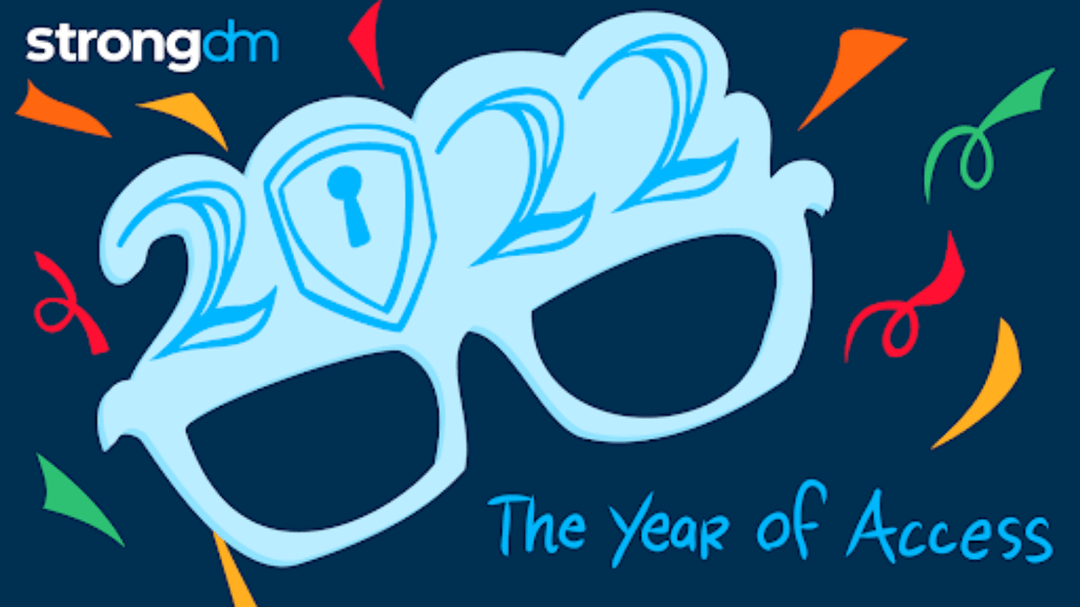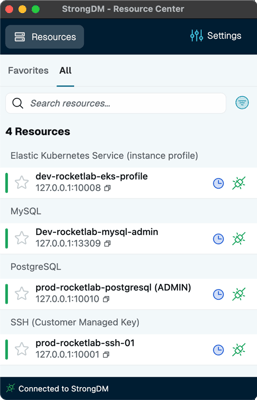Agent vs. Agentless architectures is a recurring debate - covering specifics from monitoring to security. But when it comes to Access Management, some key considerations are necessary when defining the scalability of your solution and its impact on efficiency and overhead over time.
Posts by Category:
- Security
- Access
- DevOps
- Auditing
- Privileged Access Management
- Policy
- Zero Trust
- SOC 2
- Compliance
- Authentication
- Databases
- Identity and Access Management
- Compare
- Team
- Product
- Integrations
- Kubernetes
- AWS
- Engineering
- Productivity
- Podcasts
- Observability
- SSH
- HIPAA
- ISO 27001
- Dynamic Access Management
- Role-Based Access Control
- Secure Access Service Edge
- Webinars
- Events
- NIST
- Onboarding
- Passwordless
- Offsites
- Platform
- PCI
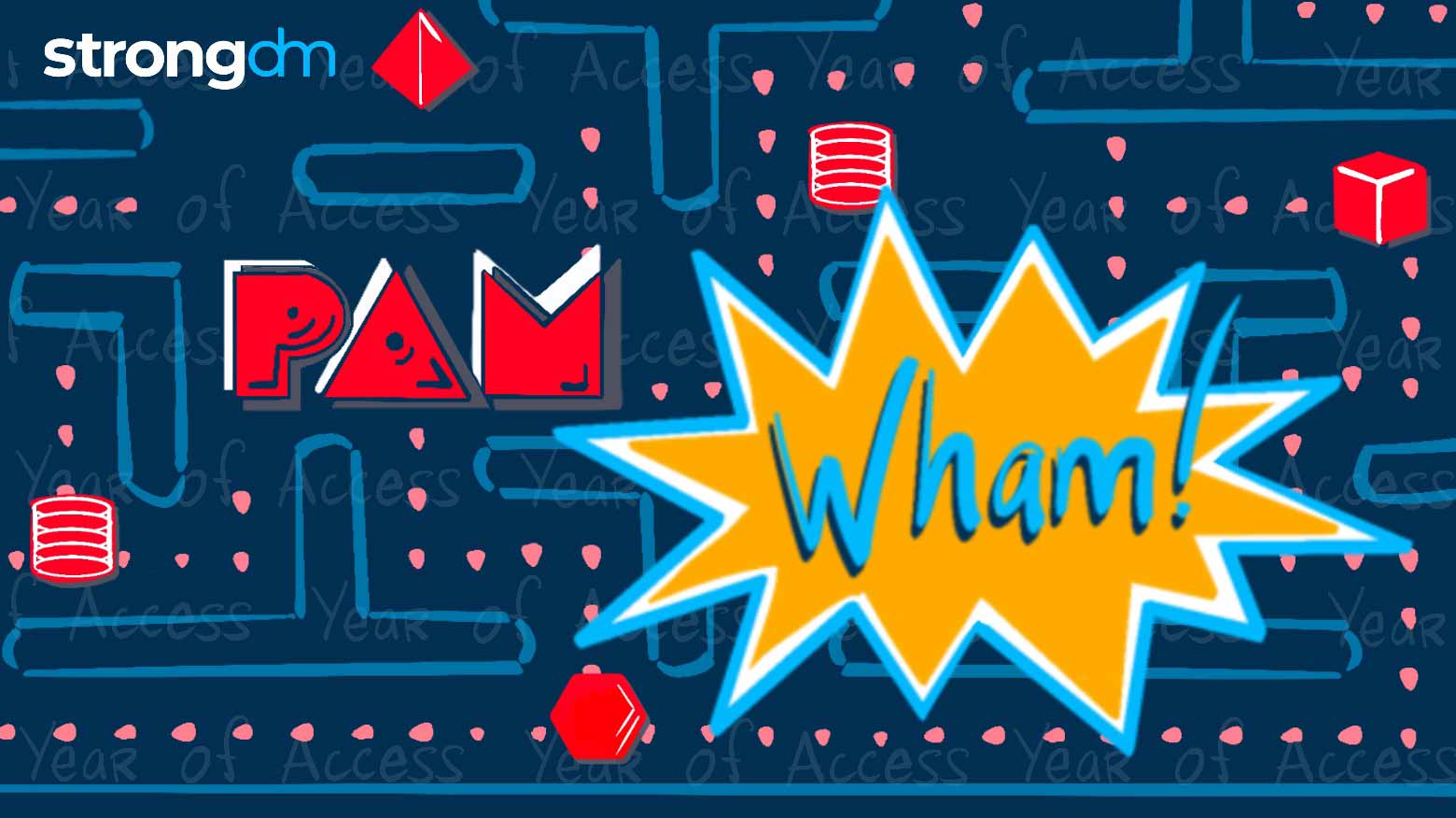
Privileged Access Management doesn’t solve the whole access challenge. It’s time for PAM to evolve to support complex environments and put people first.
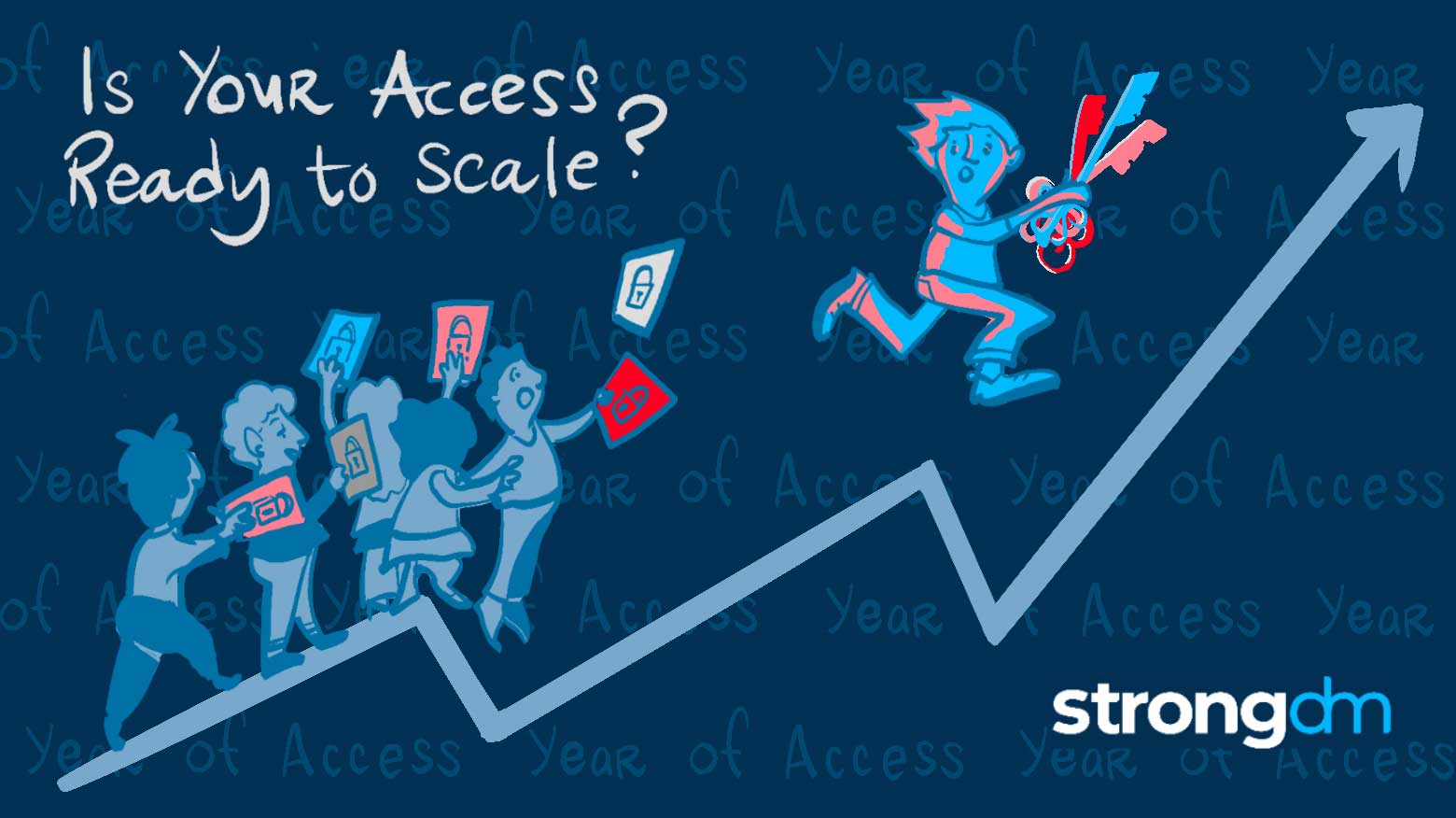
Access woes increase as businesses scale, with 60% of enterprises naming access their biggest challenge. Want to scale your stack and access it too? Read on.
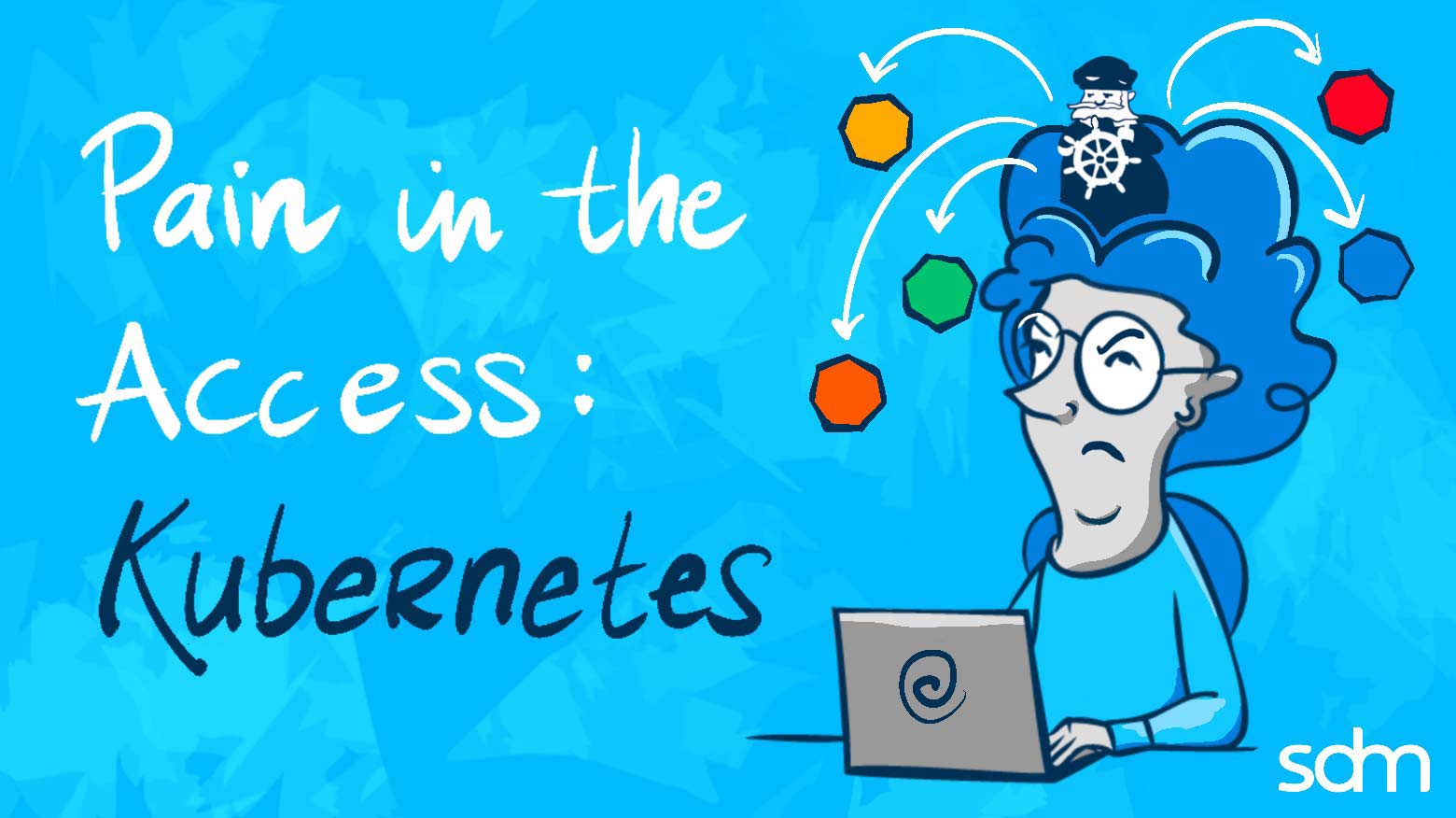
Provisioning and maintaining Kubernetes access doesn’t need to be a full-time job. Much of it can be automated with strongDM, resulting in more productive system administrators and users who can access the necessary clusters for their jobs much faster.
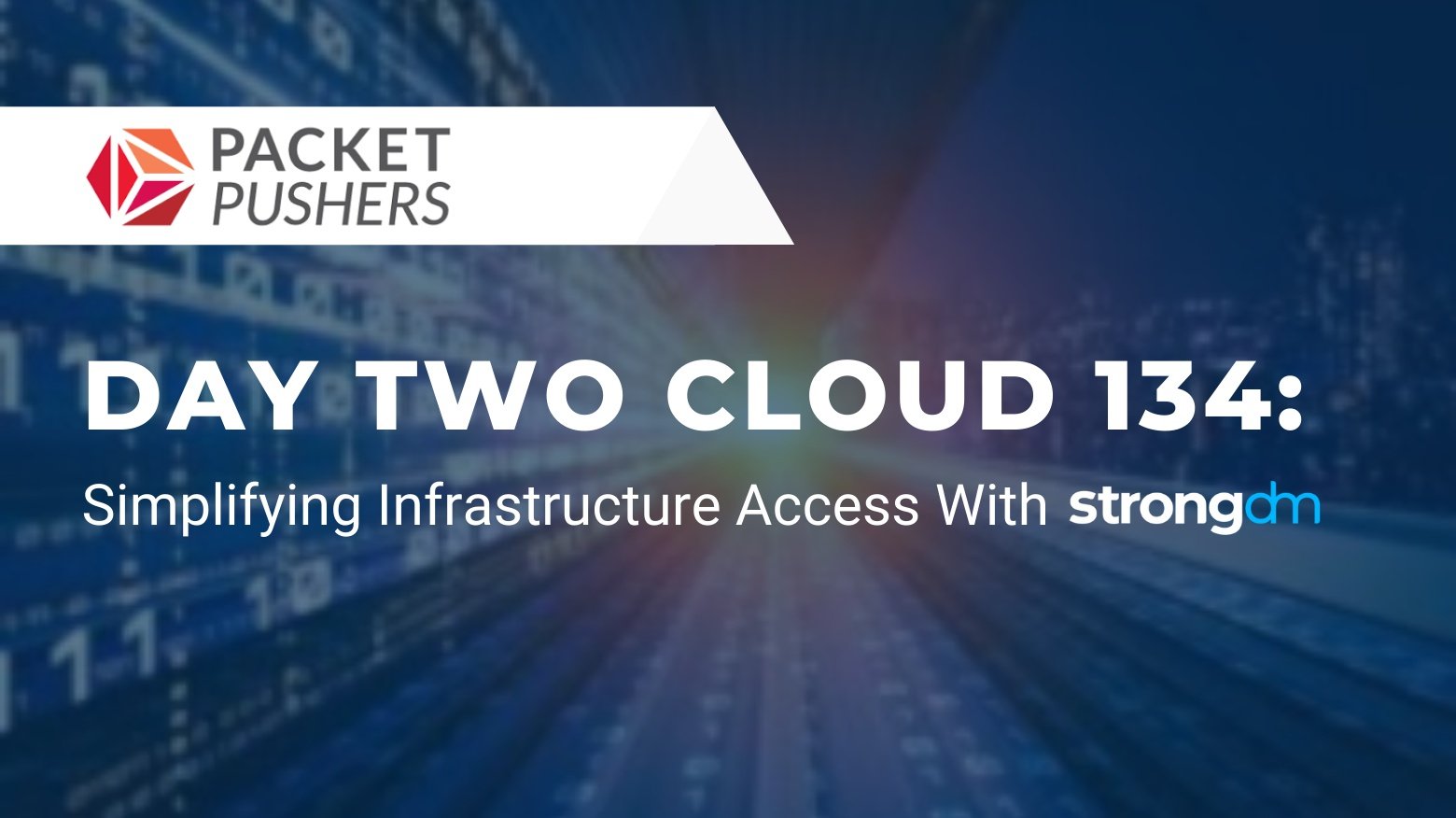
StrongDM takes a proxy approach to the challenge of access and authentication. It uses a local client that can run on a Mac, Windows, or Linux device; a gateway to mediate access; and an administration layer for setting policies and permissions and auditing access.
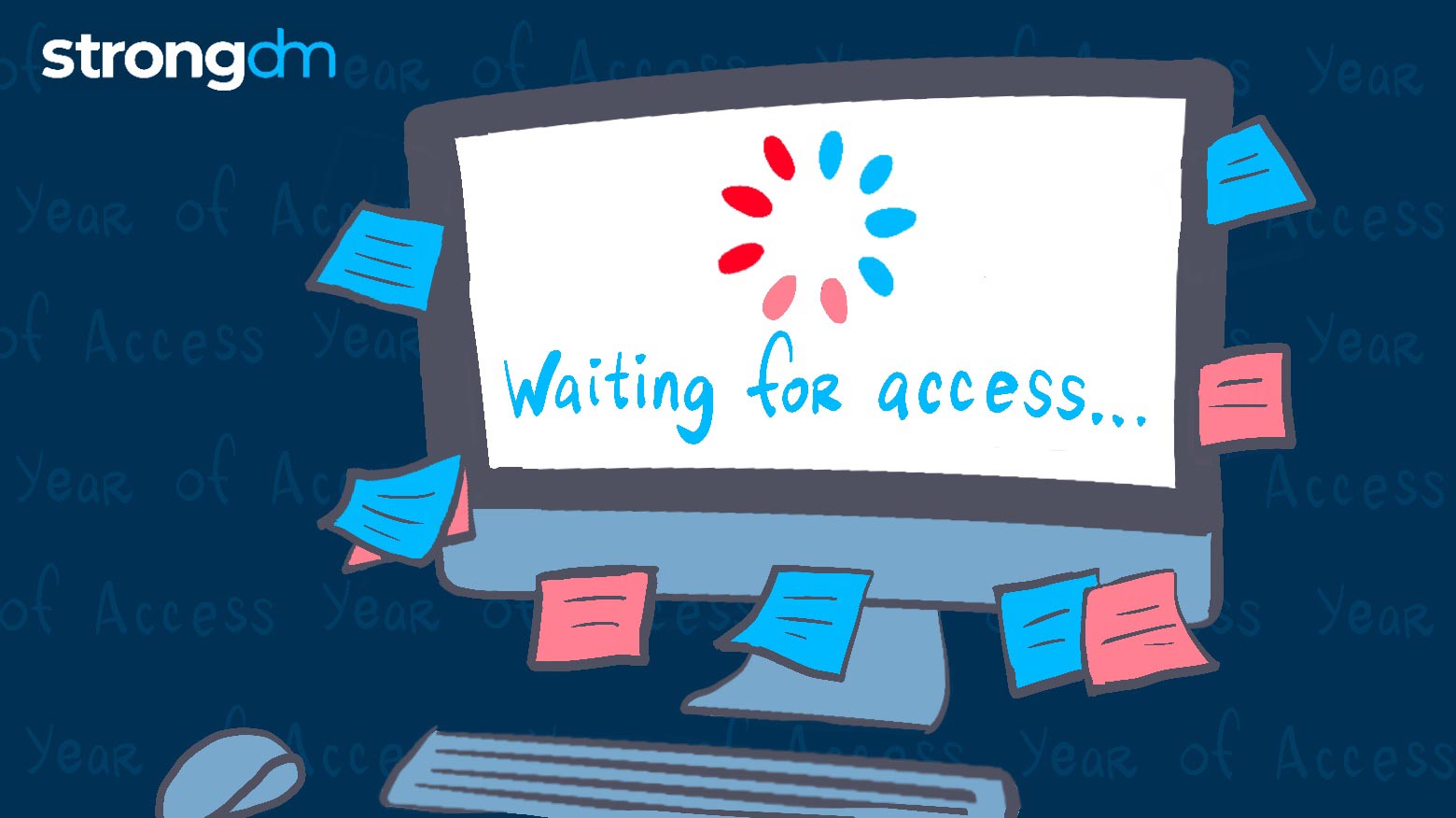
Sluggish access is more than an inconvenience. The workarounds people take to ease friction can lead to security gaps and compliance problems, plus a lot of pain for users and admins alike.
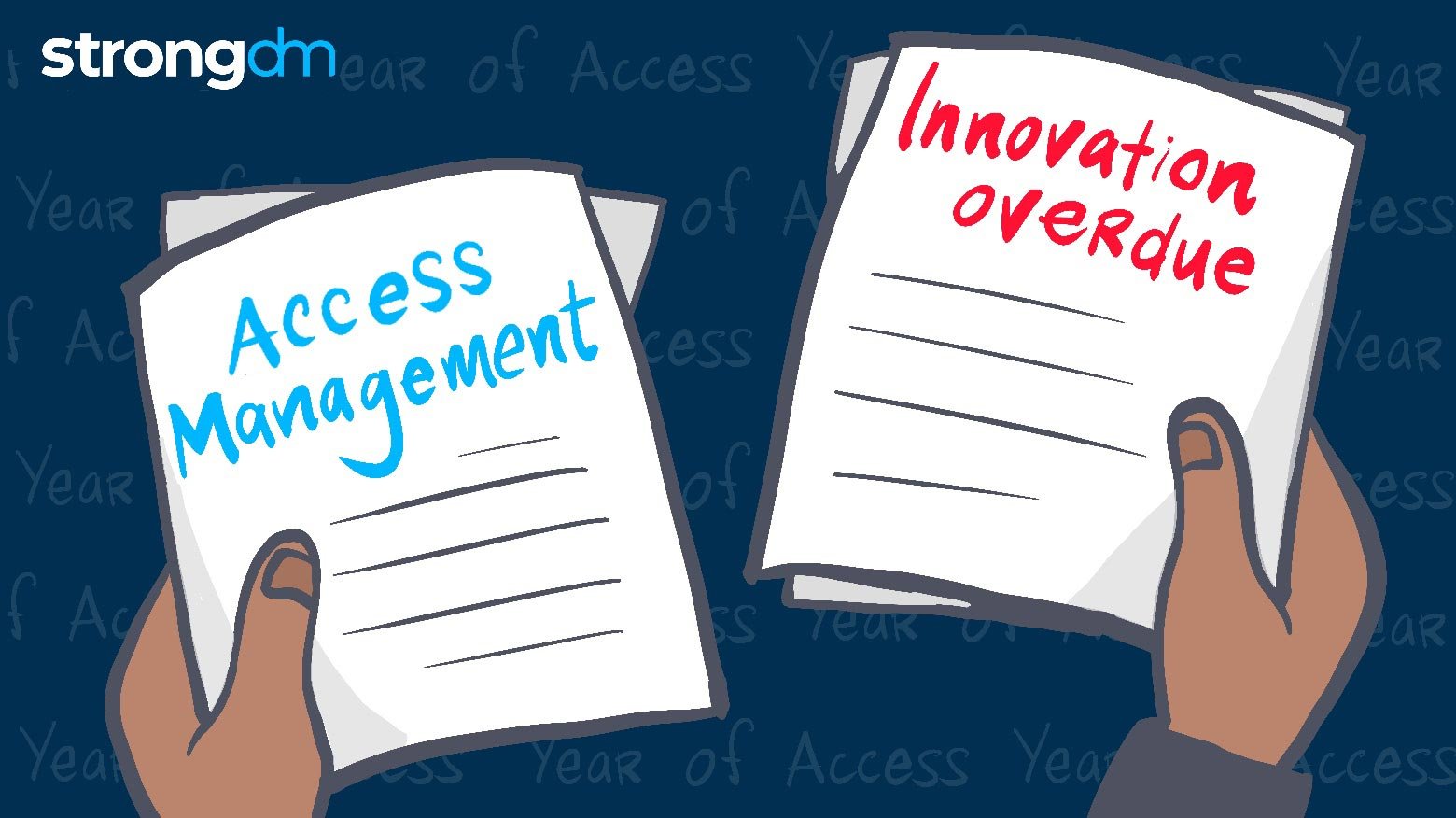
Tech teams report: infrastructure has gotten complicated & access control has not kept up. Learn why access management is overdue for innovation.
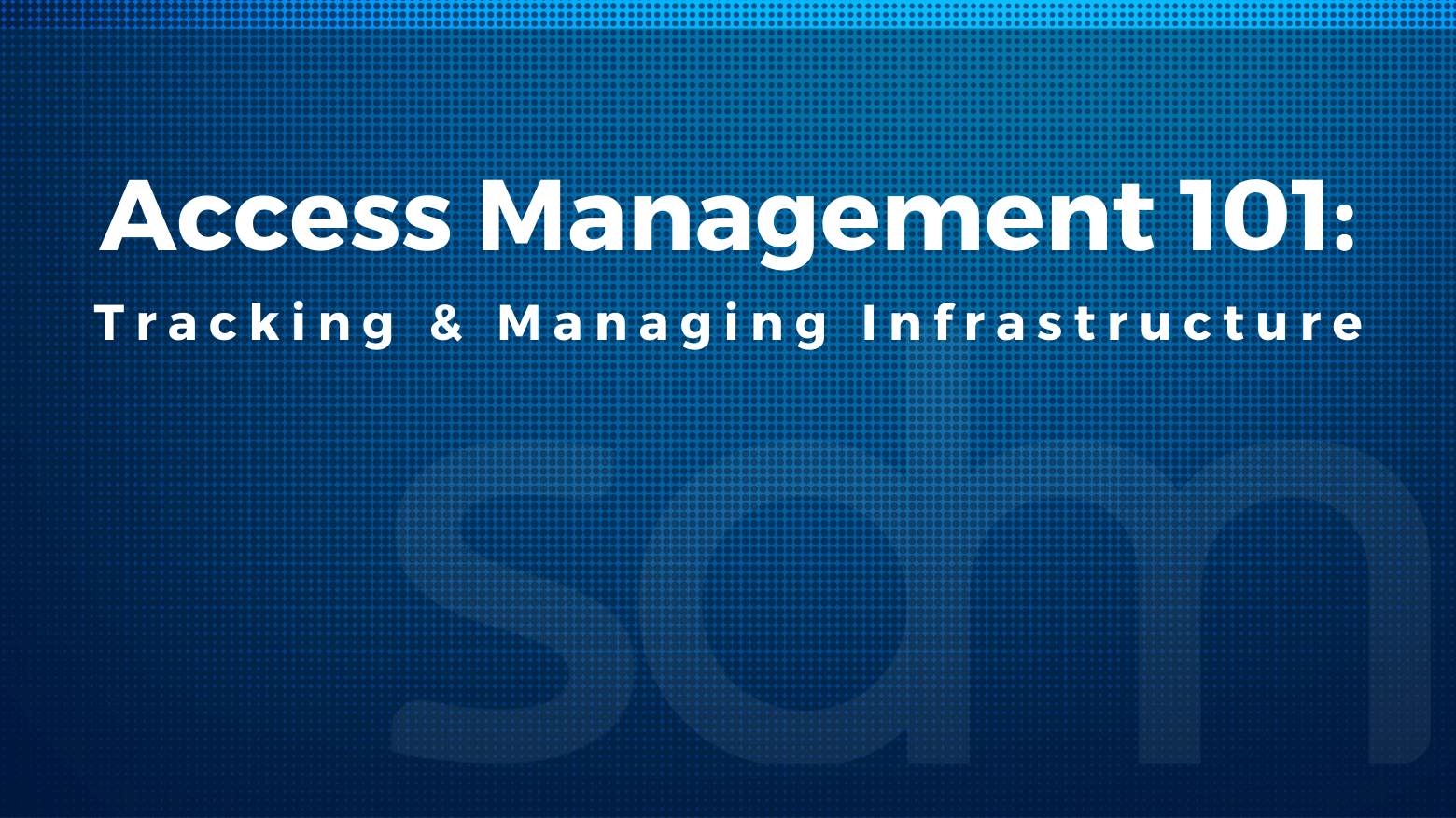
When it comes to Access Management, taking inventory of your systems is just one of the tasks you need to tackle. Watch the course on Access Roles & Discovery to learn why taking inventory of your employees and their required access is just as important.
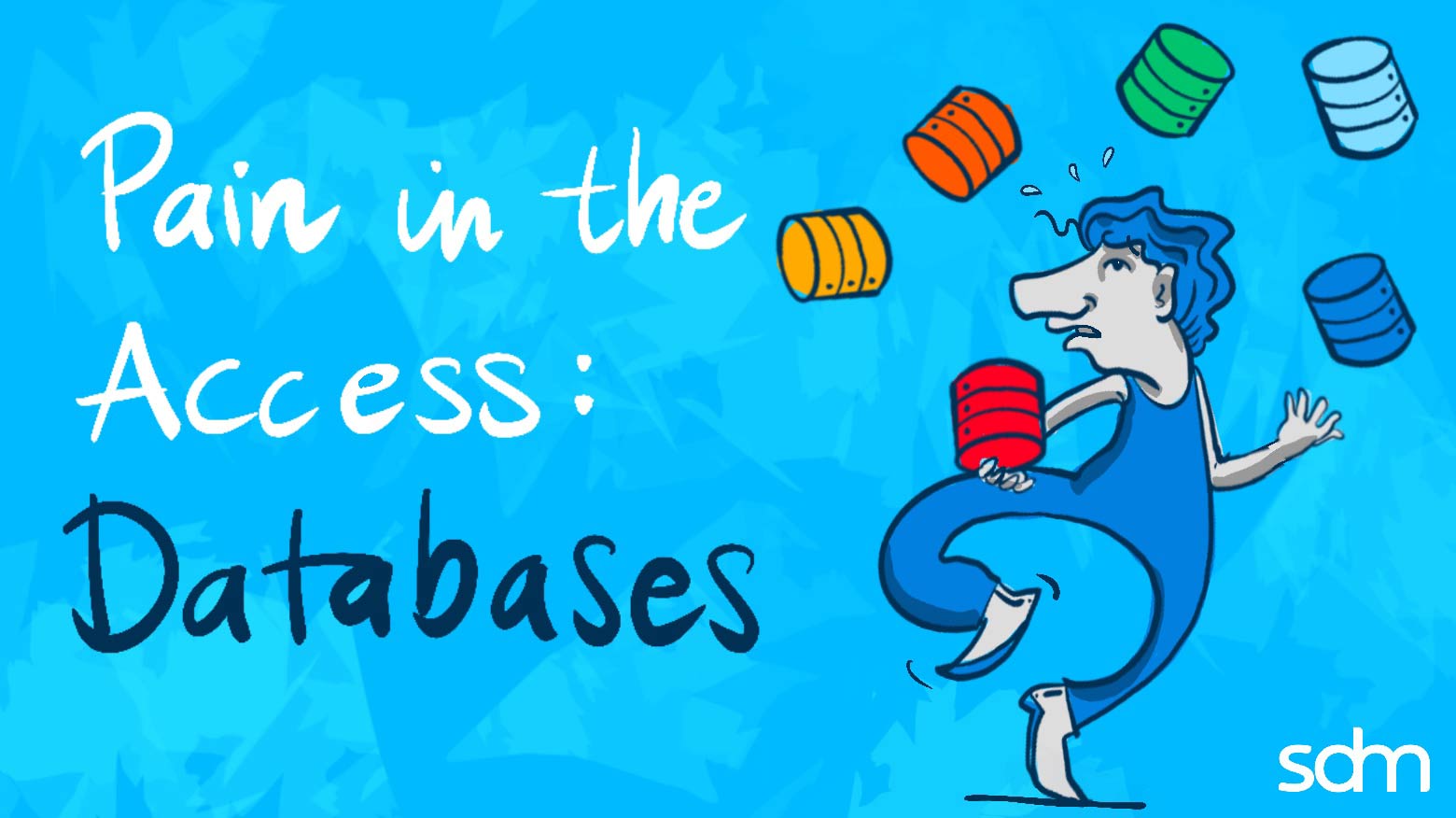
Apart from its business functions, a database’s core functions are integrating, separating, controlling, accessing, and protecting data. As such, organizations adopting databases must prioritize optimizing data access and protection.
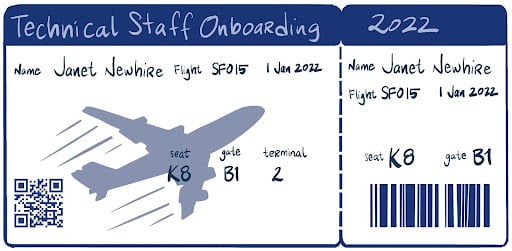
Your guide to onboarding technical hires in 2022. Boost retention, engagement, and productivity with this new employee onboarding checklist.

The common element in all these data breaches is access control. As one security expert noted from the MyFitnessPal breach, “trust but verify” isn’t enough when data is stored in the cloud and accessed from locations outside a company’s secured internal network. The infrastructure access security gap has only expanded with the rise of remote work and increased numbers of connected systems.
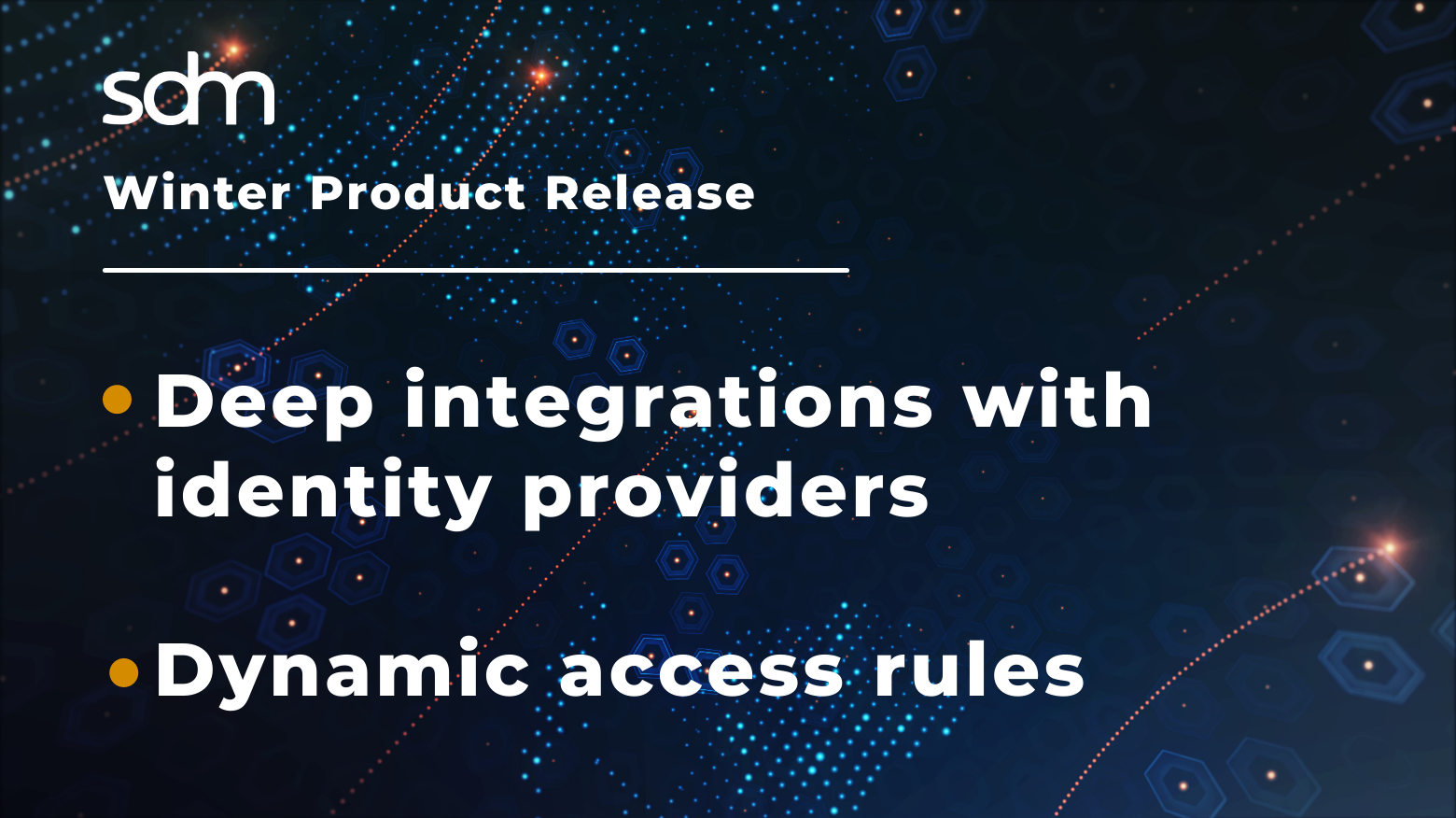
With the release of tighter integrations with Okta and Azure AD (or any SCIM-based directory service for that matter), you now have the ability to manage just-in-time, least-privilege access to your critical infrastructure right from your preferred identity provider (IdP), dramatically reducing the time needed to approve requests and grant access.

The way companies look at infrastructure access is changing. With so many data sources and types of information, ever-changing regulatory requirements, and the need to scale up or down quickly, even the terms we use to describe infrastructure have changed.To help you keep up with it all, this glossary contains definitions for infrastructure access terms you’ll hear as you work to manage access for your organization.

